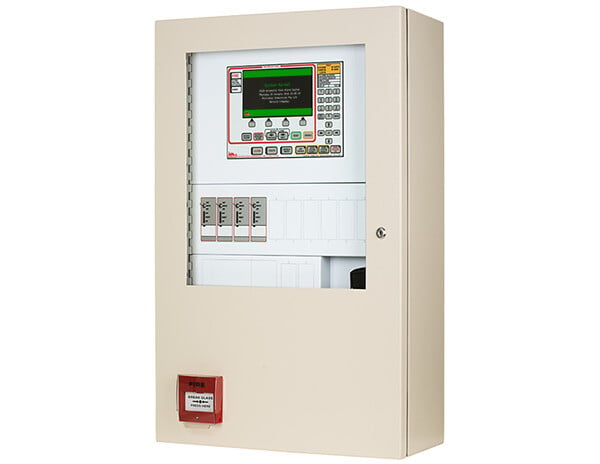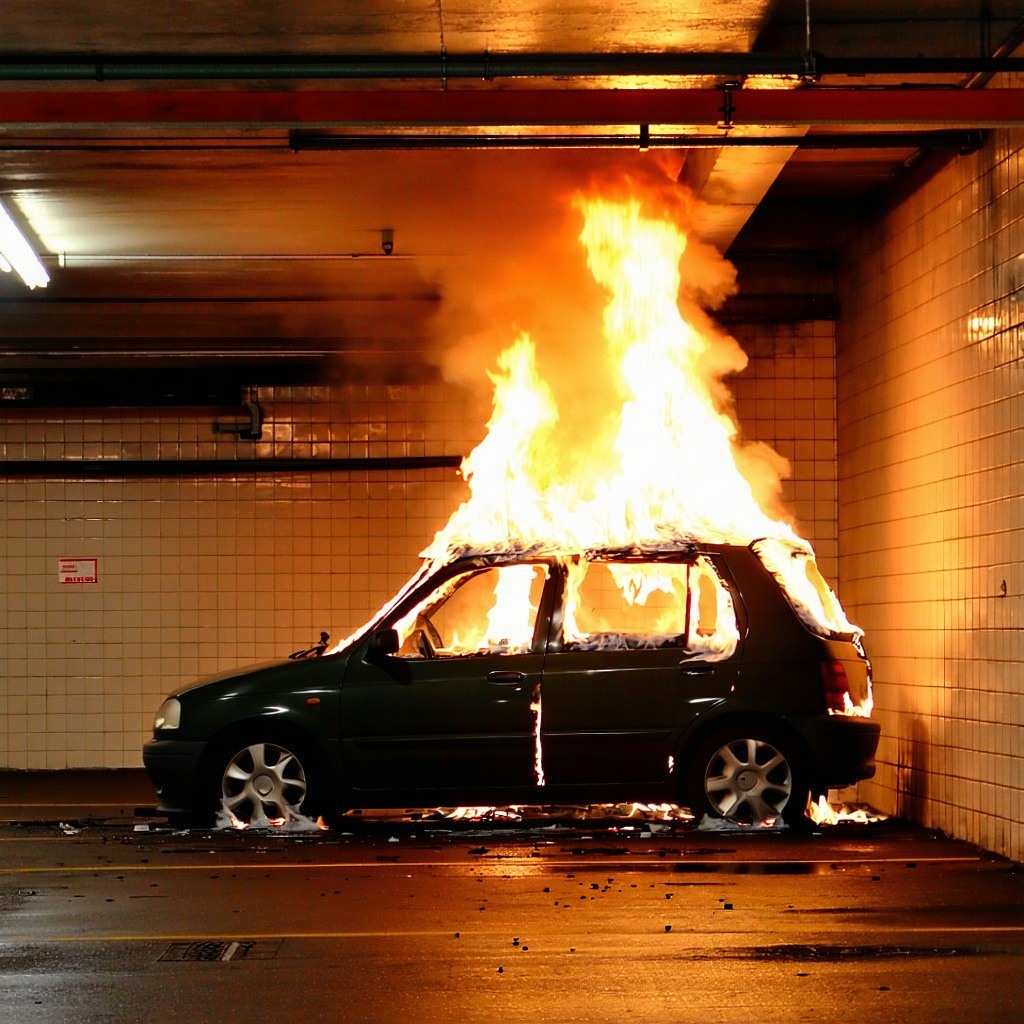Systems Interface Testing
Ensure Your Fire Safety Systems Work Together as Designed
In buildings with integrated fire systems, a single fire event can trigger multiple safety actions—alarms, ventilation, door releases, and more. But how do you know they’ll all work together as expected in an emergency?
Systems Interface Testing ensures that every fire system component responds correctly to a real-world activation, as per the building’s cause-and-effect strategy.

What is Systems Interface Testing & Why Is It Important?
Buildings with interconnected fire protection systems rely on a programmed cause-and-effect strategy to respond correctly in an emergency.
Example: If the garage sprinkler system activates, the following actions may have been designed to occur automatically:
- Fire alarms activate in the required zones
- Mechanical ventilation starts, directing smoke away from escape routes
- Fire doors release or lock as required for compartmentation
- Lift recall engages, preventing elevators from being used
If just one component fails, the entire safety strategy can be compromised—putting lives and property at risk.
Although AS 1851.2012 provides guidelines for testing, it does not mandate a frequency or specify who should conduct the tests. Building owners must proactively schedule these tests to ensure their fire systems operate as designed.
How We Help – Coordinating & Witnessing Your Systems Interface Test
Our role is to coordinate, witness, and document your fire systems test—not to perform maintenance, ensuring a transparent assessment.
- Coordinate Attendance – We ensure the correct service providers are present for each fire system component
- Oversee & Validate Testing – We witness the test to confirm all cause-and-effect scenarios are correctly triggered
- Aggregate Reports – Instead of multiple separate reports, we compile all findings into one clear, actionable document
This means building owners receive a single report detailing overall system performance and any issues requiring rectification.

Why Building Owners Need Systems Interface Testing
Confirms Fire Safety Readiness
Verifies alarms, ventilation, doors, and sprinklers work as programmed
Compliance & Insurance Audit Ready
Avoids costly surprises in inspections or insurance claims
Simplifies Defect Management
Consolidated reporting makes rectifications easier to track

How Our Testing Process Works
We coordinate and witness your test, ensuring everything is properly assessed.
1️⃣ Pre-Test Coordination – Arrange attendance of all necessary fire service providers
2️⃣ Live Testing & Witnessing – Ensure the building’s cause-and-effect strategy is fully executed
3️⃣ Comprehensive Reporting – Aggregate findings into a single, clear document
We don’t conduct the maintenance—we oversee, validate, and simplify the process.
Book an Systems Interface Test
Ensure your fire systems work as expected in an emergency.
